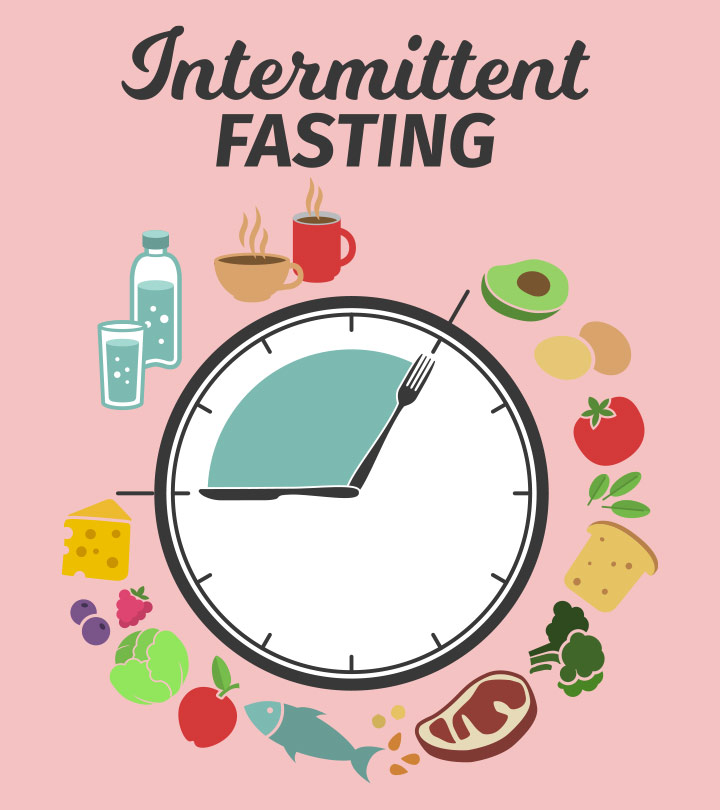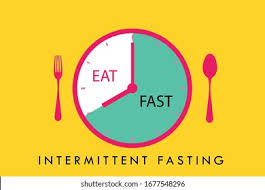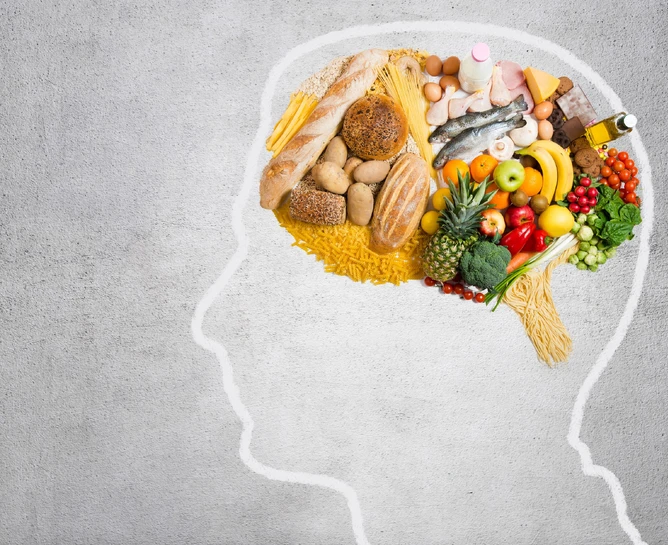INTERMITTENT FASTING FOR WEIGHT LOSS

It’s funny how one can assume they’ll never get overweight. I mean, yeah, you eat junk. Who doesn’t? But it is not all you eat. You walk almost everywhere; you’re not sedentary. You also look good, and not like what you would think an overweight person looks like. Well, I’m here to tell you that you may check all these boxes and still be overweight. Hear me out.
Being overweight does not necessarily mean one is obese. Ever heard of BMI? It stands for Body Mass Index. Your Body Mass Index is obtained by taking your weight in kilograms and dividing it by the square of your height in meters. Do it and you can get any of these results:
- Below 18.5 is underweight.
- Normal weight: 18.5–24.9
- Overweight: 25.0 – 29.9
- Obesity is defined as a BMI of 30 or higher.

BMI helps estimate the amount of fat you may have, with a high BMI indicating too much fat and a low BMI indicating too little fat. However useful BMI may be, it also has its limits. People with a lot of muscle mass may appear overweight or obese because their weight is so high, whereas people with a low muscle mass may appear underweight. Irrespective of this, it is still a very good way to monitor your weight and ensure you’re on the safe side.
To myself and the people around me, I appeared fine, but out of curiosity, I calculated my BMI and found myself to be a bit within the overweight range. I was concerned. You may wonder, “if you were only a bit over the normal weight range and couldn’t even be considered obese, why were you worried?” Adding weight is a tricky thing. It sneaks up on you and, if it continues to go unchecked, may reach a level you will find difficult to control or hard to lose. I didn’t want that.
When your BMI is high, you are at risk of:
- Diabetes
- High blood pressure
- Heart diseases
- Liver diseases
- Stroke, etc.
When your BMI is low, you are at risk of:
- Iron deficiency anaemia
- Bone loss
- Decreased immune function etc.
Remember the limits of BMI? Therefore, it is the absence of enough body fat or too much body fat that leads to the above risks. It should now not surprise you that someone that looks okay may have an unhealthy amount of body fat and can still suffer some of these health risks.
You can calculate your adult body fat percentage by using:
(1.39*BMI) + (0.16*age) – (10.34*gender) – 9
Gender: male = 1; female = 0.
A healthy body fat range should be between 10%-17% for adult men and 20%-25% for adult women.
Knowing this, I decided to make sure I fell back within the healthy weight range of the BMI scale. I’m not really a heavy workout kind of girl, but I wanted to lose weight. Imagine that! Then I learnt about intermittent fasting. All I had to do was fast during certain periods, eat certain periods and keep a healthy diet. The best part is, that my body’s normal physiology does the work of burning the fat for me. It sounded lovely. I downloaded a fasting tracker app – Fasting Tracker and Intermittent Fasting App, Leap Fitness Group – because I didn’t want to manually time my eating and fasting periods. My journey began. Intermittent fasting has worked for me, and I want to share it with you. Here’s how it goes:
Find a plan that works for you.
- Fast for 14 hours and have an eating period of 10 hours.
- Fast for 16 hours and have an eating period of 8 hours.
- Fast for 18 hours and have an eating period of 6 hours.
- Fast for 20 hours and have an eating period of 4 hours.
- Fast for 24 hours, 2 times a week on non-consecutive days.

If you’re just starting, go easy. Start with the 14:10 plan, and you can then increase it as your body gets used to fasting. The 18:6 and 20:4 plans burn the most fat and give the most results because by 18 hours your body has gone deep into its fat-burning mode; the longer you go, the more fat is burnt. Intermittent fasting works by reducing your calorie intake, boosting your metabolism as well as balancing your hormones, e.g. lowering insulin and increasing norepinephrine and growth hormone levels. Don’t let your eating period fall too late at night. Going to bed shortly after eating can also make you gain weight.
Discipline yourself to actually fast during your fasting period.
I’m not going to lie, there are times that you will feel hungrier than you ever thought possible, but don’t give up. Encourage yourself and remind yourself why you started. Drinking water helps, as it keeps hunger at bay by filling you up; drink a lot of water. Distract yourself by doing things you enjoy or work you have to do, and before you know it, it’s time to eat.

There is a tendency to overeat once you’re done fasting; resist that temptation. Over-eating will cancel out all the work you’ve done fasting and overload you with calories again. You might even feel bloated or nauseous. When you want to break your fast, try to reduce your intake of processed foods. Eat foods high in protein, vegetables, fruits, whole grains, beans, seafood, and healthy fats that can be obtained from avocados, nuts, etc. Stop eating when you’re full, and eat only when you’re hungry. This prevents overeating because your body isn’t always hungry; you might just be thirsty sometimes.

Yes, intermittent fasting helps you lose weight, but alone, it may not be as fast as you want. If you want to see more weight loss progress, add exercise to it. If you want to fast for long periods, do light exercises like stretching or walking. If you’re someone who exercises regularly, you can try running or jumping rope, and if you still want to build muscle as you lose fat, do some weight training or ride a stationary bike. You know your body. Adjust your workout to the state you’re in and never over-exert yourself.

Apart from losing weight, it is believed that intermittent fasting can help you:
- Improve your cholesterol levels.
- Start eating healthy because you will gradually lose your appetite for junk food.
- Control your blood sugar level.
- Reduce inflammation.
- Improve brain health.
- Boost your immunity.
- Detoxify your body.
- Repair and Regenerate your cells.
- Slow down your ageing process.
Even though it is safe, consult your doctor before fasting if you are:
- under 18 years old.
- suffering from health issues like heart disease and diabetes.
- below the normal weight for your height.
- suffering from an eating disorder.
- experiencing irregular periods.
- preparing to have a baby or you’re breastfeeding
One key thing I am learning through all this is to enjoy the process. You decided to undergo this journey. You know why you started, and you know what you look forward to. Let that encourage you. Your body will thank you for this, and you’ll feel happier and healthier. You can get an app like I did to track your progress. You will learn more about intermittent fasting, as they guide you to do it properly. I heard about it, tried it, and I’m seeing results. Do it properly, and with the right information, you will too.
Omoyemen Aisuodionoe-Shadrach
.


